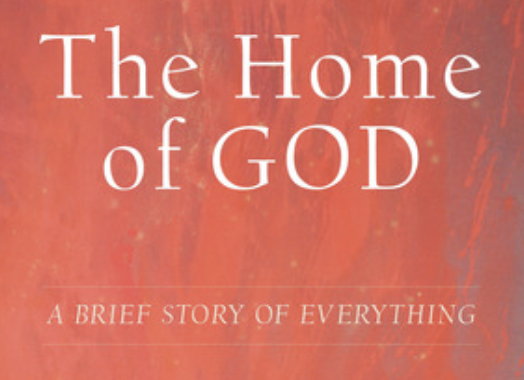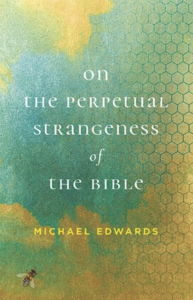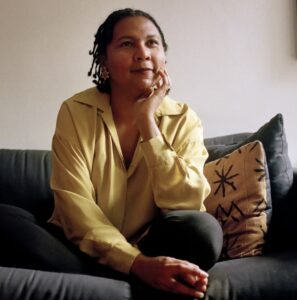A Sermon on Exodus 20
I played a lot of soccer when I was growing up in Texas.
I had this coach when I was probably eight or ten years old.
He was a terrible coach.
And I don’t mean that he was terrible at teaching us strategy or the rules of the game or the best way to kick a ball.
His ethics were terrible.
He had this habit of gathering the team for a motivational speech before the start of the games.
He would tell us that we needed to win at all cost.
The only thing that mattered was putting a check in the W column.
He told us to cheat whenever possible and hurt the players on the other team when the ref wasn’t looking.
I remember him telling us in detail how to tackle an offensive player with our cleats up so we’d injure his ankle.
We were eight or ten years old.
The coach was truly terrible.
But as bad as his motivational speeches were, there was one other aspect of his behavior that was even more damaging.
It didn’t matter how hard we played, or how many goals we scored or stopped, or how much effort we gave in practice, nothing we did was ever good enough for him.
As players and as human beings were never good enough for him.
The only reason he opened his mouth was to say something negative about the way we were playing.
He would insult us in every way a person could.
We never measured up to his standards.
Each and every day of practice he told us we were failures.
When I finally told my parents about what the coach was doing they lodged a complaint and he was pulled from coaching the team.
For many people God can seem like that coach.
No matter how hard we try, we never measure up.
God is never happy with us, always pointing out or failures and mistakes.
Historically, one of main reasons why folks have developed a negative understanding of God stems from a twisted understanding of the 10 commandments and biblical law.
A misunderstanding of the 10 commandments and biblical law arose in the 16th century and remains common today.
This misunderstanding said that God gave the laws and instructions in the Bible in order to expose our sins, to show us how our lives don’t live up to what God intends for them to be.
In his view, the ten commandments exists to show us how sinful we are, so that we are driven to the point of asking God for forgiveness so that then and only then will God finally accept us and love us.
But that is not how the ten commandments actually function within the Bible.
The ten commandments did not exist in the abstract, on their own, as independent laws that people had to live up to.
The ten commandments are set within a particular story and this makes all the difference to how we relate to them.
We hear of this story in the very first verse of Exodus 20:
Then God spoke all these words: I am the Lord your God, who brought you out of the land of Egypt, out of the house of slavery; you shall have no other gods before me.
God gives a preface to the ten commandments, an introduction that gives context to the ten instructions that follow.
God reminds the Hebrew people that they are already in relation with God before the ten commandments are given.
Not only do God and the people already have a relationship, but God has already acted to save them.
It is only after the people are saved from slavery in Egypt that God then comes to them and gives them teachings on how to live with one another in loving ways.
The ten commandments are not symbols of God’s judgement and our inability to measure up to God’s demands.
The ten commandments are signposts of God’s unwavering love and of God’s unbreakable commitment to God’s creation.
Theologians and religious leaders have often gotten this twisted.
The ten commandments do not exist to condemn us or provide us with a pathway to salvation.
God is not waiting for us to obey all these laws and make the correct life choices before God will accept us and love us.
The Hebrews who received the ten commandments were already saved, God had already brought them out of Egypt.
God already loved them.
God tells them at the very beginning of the ten commandments that God was their God—the covenant was intact, their relationship was solid, the people were accepted and embraced.
Biblical commands and teachings are there to remind us of this reality that God loves us and accepts us.
Out of this reality God teaches us how to live well, how respect other people and this planet, how to create societies of loving regard.
God is not like my horrible soccer coach.
If we image the ten commandments similar to a coach’s speech before a game this is how it might go:
The first verse, the introduction, is like the coach gathering the team and looking the players in the eyes and saying:
Each and every one of you are beautiful. I’ve hand picked you to be on this team because I’m proud of you and I care for you. No matter what happens today, no matter how you play, you will always be on this team and I will always be your coach.
And then the rest of the ten commandments is the coach patiently teaching their players how to play well.
God’s unwavering love is how the ten commandments begin.
God’s unwavering love is how the Christian story ends.
How will you share this unwavering love with the world this week?

 I am incredibly honored to receive the
I am incredibly honored to receive the 
 I think a better approach is to keep the Bible strange. Or, like the slogan from my hometown–Keep Austin Weird–the Bible should try to keep the Bible weird as we read it.
I think a better approach is to keep the Bible strange. Or, like the slogan from my hometown–Keep Austin Weird–the Bible should try to keep the Bible weird as we read it.